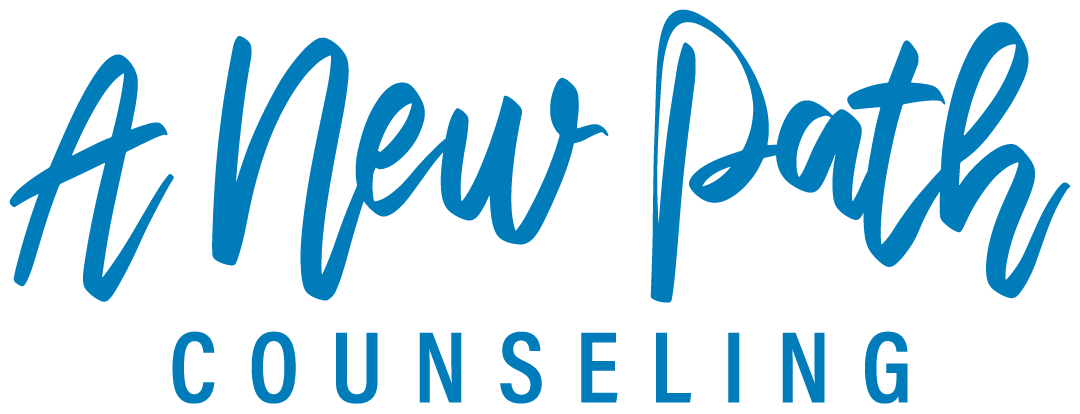
Tourette Syndrome
What is Tourette?
Tourette Syndrome is a neurodevelopmental disorder that affects children, adolescents and adults. The condition is characterized by sudden, involuntary movements and/or sounds called tics. Tics can range from mild/inconsequential to moderate and severe, and are disabling in some cases.
What are the symptoms?
Motor Tics
Motor tics are movements. Simple motor tics include but are not limited to: eye blinking, facial grimacing, jaw movements, head bobbing/jerking, shoulder shrugging, neck stretching, and arm jerking. Complex motor tics involve multiple muscle groups or combinations of movements and tend to be slower and more purposeful in appearance,(e.g., hopping, twirling, jumping).
Vocal/Phonic Tics
Vocal (phonic) tics produce a sound. Simple vocal tics include but are not limited to sniffing, throat clearing, grunting, hooting, and shouting. Complex vocal tics are words or phrases that may or may not be recognizable but that consistently occur out of context. In 10-15% of cases, the words may be inappropriate (i.e., swear words, ethnic slurs, or other socially unacceptable words or phrases). This type of vocal tic, called coprolalia, is often portrayed or mocked in the media as a common symptom of TS.
What causes Tourette?
The causes of TS and other Tic Disorders remain unknown. These conditions tend to occur in families, and numerous studies have confirmed that genetics are involved. Environmental, developmental, or other factors may also contribute to these disorders but, at present, no specific agent or event has been identified. Researchers are continuing to search for the genes and other factors underlying the development of Tic Disorders.
How is Tourette treated?
There are different treatment approaches for different presentations of Tourette:
CBIT (Comprehensive Behavioral Intervention for Tics): tic management
CBT (Cognitive Behavioral Therapy): targeting mood, negative thinking, low self esteem
ERP (Exposure Response Training): to target obsessive/compulsive behaviors
Relaxation Training: train the body and mind how to relax
Social Learning: build social skills and awareness



